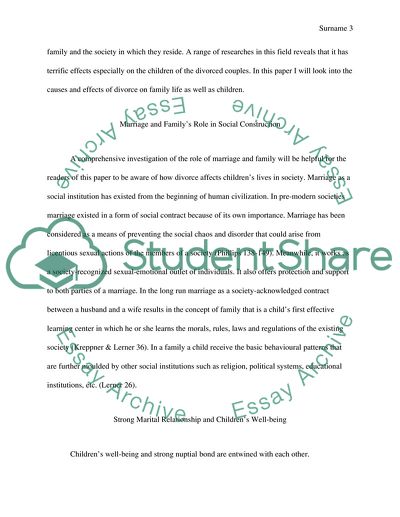Cite this document
(The Effects of Divorce on Children Research Paper, n.d.)
The Effects of Divorce on Children Research Paper. Retrieved from https://studentshare.org/psychology/1758438-effects-of-divorce-on-children
The Effects of Divorce on Children Research Paper. Retrieved from https://studentshare.org/psychology/1758438-effects-of-divorce-on-children
(The Effects of Divorce on Children Research Paper)
The Effects of Divorce on Children Research Paper. https://studentshare.org/psychology/1758438-effects-of-divorce-on-children.
The Effects of Divorce on Children Research Paper. https://studentshare.org/psychology/1758438-effects-of-divorce-on-children.
“The Effects of Divorce on Children Research Paper”, n.d. https://studentshare.org/psychology/1758438-effects-of-divorce-on-children.


